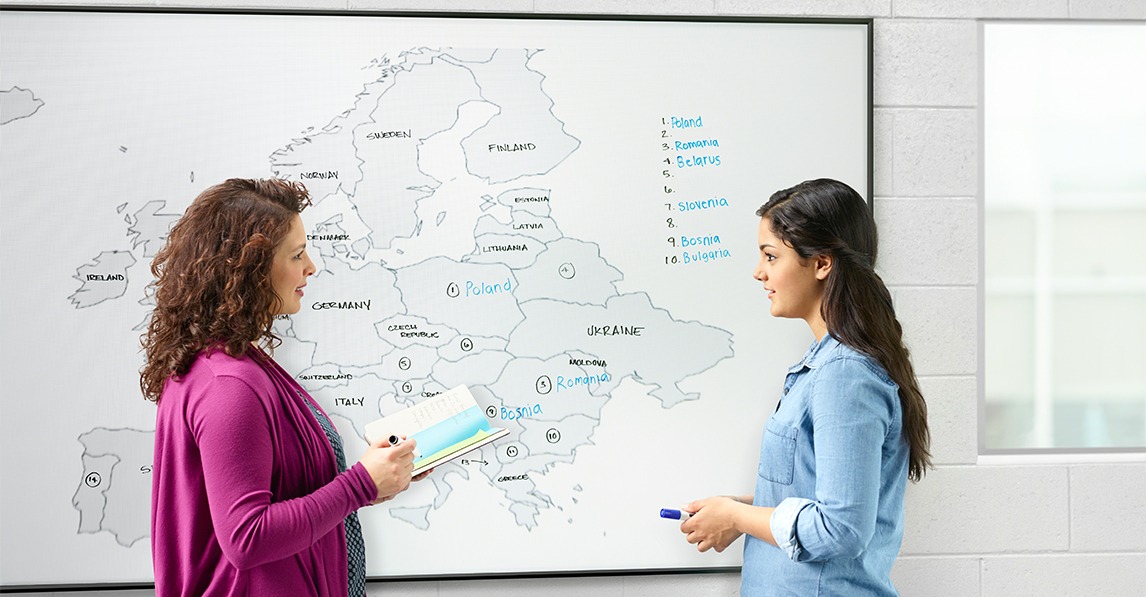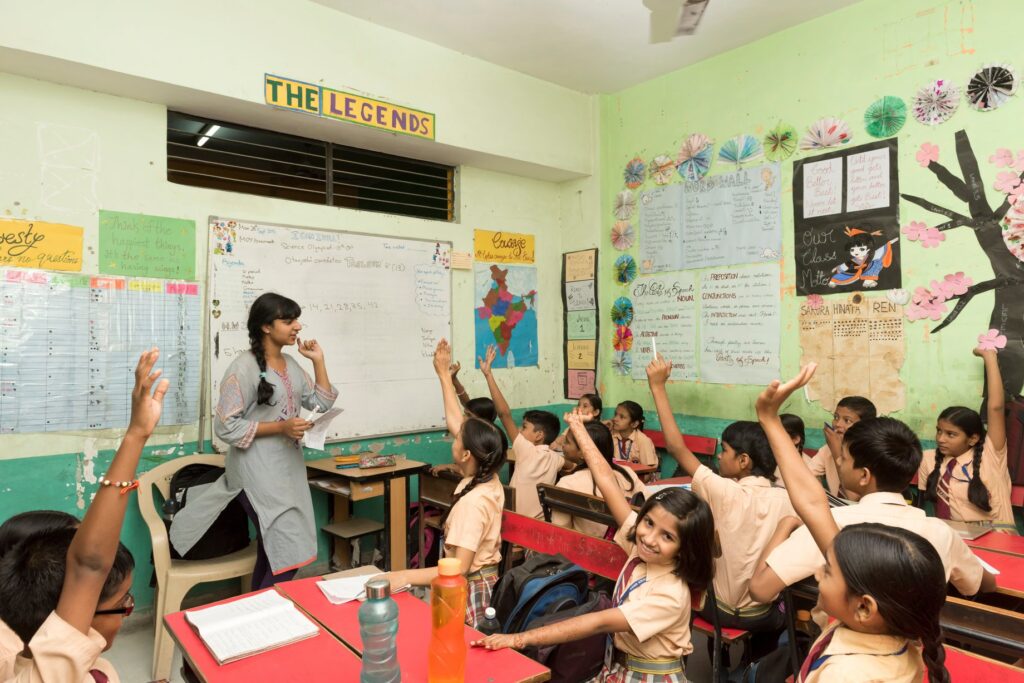Autumn is the season of embarkation into a new school year and a fresh season of learning for teachers and students everywhere. While many students meet the reintroduction of early mornings and homework with tired eyes and hesitance, educators acknowledge the important job ahead of them. PolyVision spoke with four teachers from around the world to learn more about their perspective during this back-to-school season.
Becoming a Teacher
Albert Einstein is credited with saying “It is the supreme art of the teacher to awaken joy in creative expression and knowledge.” But what sparks the desire to teach? Interestingly enough, each of the teachers we talked to pensively described their love for the challenge of understanding the human psyche and pushing their students to grow both academically and socially. John, an Irish expatriate and English teacher in Tokyo, Japan, remains in education for the moment of gratification when a student overcomes the “preconception that they can’t do something, finding they can do it with proper instruction.” Tiffany, a fifth grade teacher from Atlanta, GA always aspired to teach children, but learned to love the profession after watching her students “grow and find their self confidence while building relationships and getting to impact their lives.” It is these relationships and the solemn understanding of the weight their influence carries in their students’ lives that encourages teachers to continue bringing their best each year.
Overcoming Obstacles
Like any career however, education is not without its obstacles. Jenna, a six-year veteran teacher at an elementary school in Bronx, NY said “The toughest part about teaching is that there’s never enough time in the day. It’s daunting to think about the academic, social and emotional growth you’re responsible for facilitating.” Time management is a universal challenge, as well as managing student behavior. John in Tokyo said for him, “The worst points are when the students act out. It is natural for young students to rebel and not want to study, and it is very rarely intentional, but it can really show a lack of respect.” The responsibility resting on the shoulders of educators is monumental. After all, they are teaching the future leaders of the world.
Teacher Becomes the Student
Learning is a never-ending process, even for teachers. When asked what lessons they have learned over the years, Jenna said “Teaching has taught me to be flexible and to start each day as brand new. Resetting with a fresh mindset each day keeps us all moving forward. Whether yesterday was great or tough, today is a new day. I try to model both of these for my students because they are important life skills that are applicable to whichever career path they eventually choose.” Jenna wasn’t alone in the lesson of flexibility. Tiffany said “Teaching has taught me to be flexible, with lots of changes and lessons going differently from planned or students responding differently than I thought they would.” Teachers know they will continue to learn, both from their experiences and from their students. In Tokyo, John said that “the teaching position includes moral education classes, to teach the students how to think about others and how to act in society. It has a huge impact on forming the future of these students. It is a great responsibility and has taught me a lot about how people think, how different people interpret and learn information, and how to adapt to their different learning styles.”
Tools for Success
With the start of each new year, teachers prepare lessons to inspire their students to learn, developing their creativity and knowledge. Interactivity is a running theme across the globe and every teacher felt that to keep students actively engaged is an important part of their classroom dynamic. Using the classroom’s writing board as a tool for students’ collaborative learning is used similarly, no matter where in the world the teachers are. Tiffany said “I really enjoy our interactive whiteboard that students can play games on or show work.” John creates computer games for his students to learn English, while Jenna uses video projection on her whiteboard to enhance lessons. According to John, “These features are great, helpful advances that aid in engaging the students more. Being able to interact with students through a more familiar and exciting medium is key to maintaining their attention.” Divya, an educator in India said of her whiteboard, “When I ask my students to solve problems on the whiteboard, they do so excitedly. We also enjoy projecting videos. Since students’ attention span can be short, I utilize two boards in different locations in my classroom. This provides movement, which eliminates boredom.”
Common Ground
Four teachers who are miles apart all agreed that the most effective teaching method in their classrooms is that when students have fun, they don’t realize they are learning. Educators recognize the impact of engaged, collaborative learning – the kind of learning that feels like play – and the writing board will continue to be the classroom’s collaborative centerpiece.

